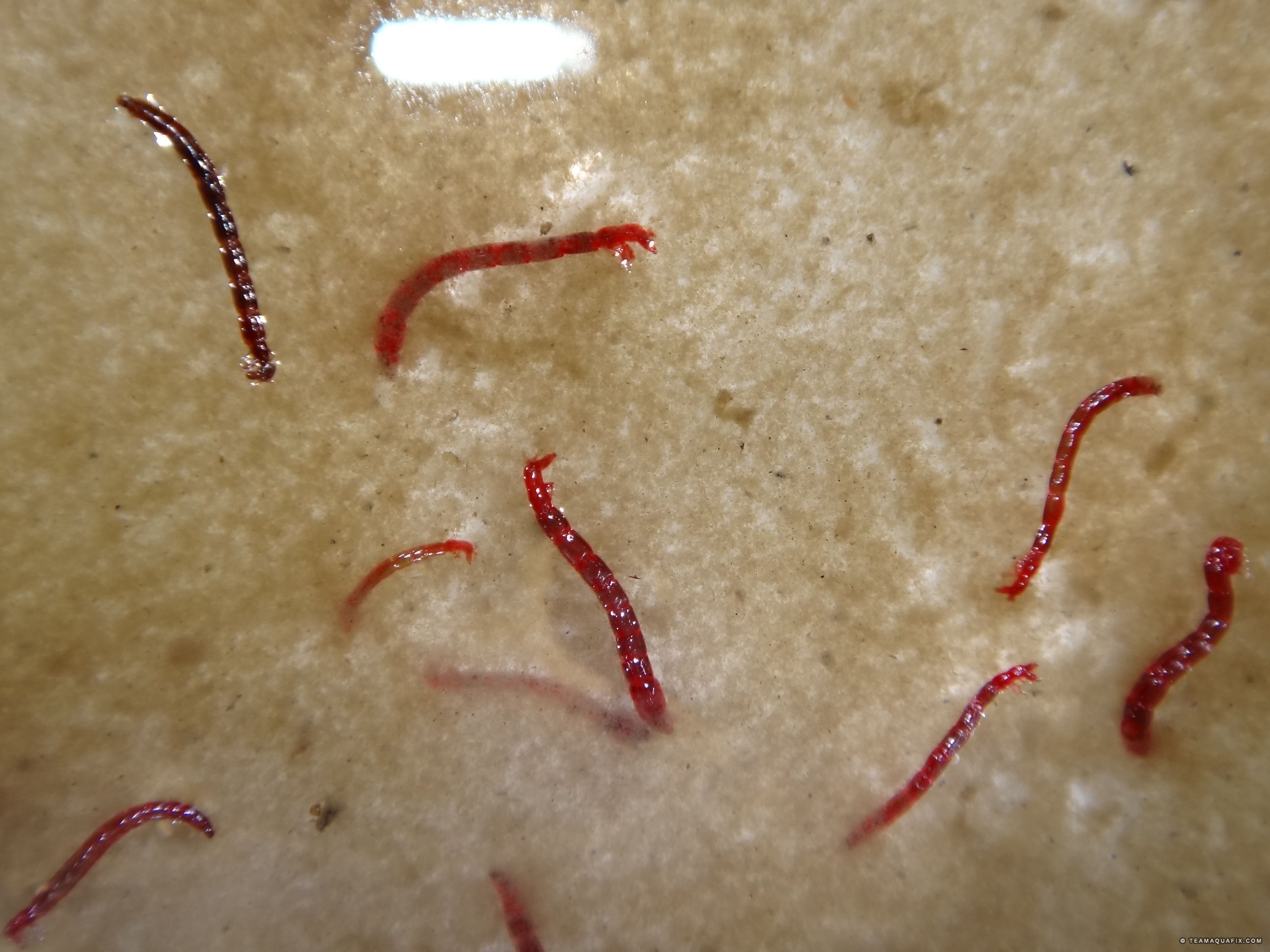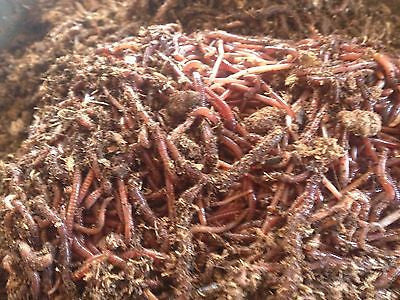Why Red Wigglers Are Important for Organic Farming
Red wigglers play a crucial function in natural farming, primarily via their one-of-a-kind capacity to decay organic materials and improve soil health and wellness. The degree of their influence on farming practices and dirt biology raises appealing concerns concerning the future of organic farming.
Duty of Red Wigglers in Soil Wellness

Additionally, red wigglers improve dirt structure by developing channels as they burrow. These channels boost aeration and water seepage, promoting a much healthier origin environment. Their task also aids in preserving ideal dampness levels, which is essential for healthy and balanced plant development.

Advantages of Worm Castings
Worm castings, the nutrient-rich excrement produced by red wigglers, offer as a powerful modification for organic farming. These spreadings are teeming with crucial nutrients such as nitrogen, phosphorus, and potassium, which are essential for plant development. Unlike synthetic plant foods, worm castings release nutrients gradually, giving a constant supply in time and decreasing the risk of nutrient leaching and overflow.
In addition, worm castings improve soil framework and oygenation, promoting healthier root systems. Their high organic matter material improves moisture retention, allowing plants to much better withstand dry spell problems. In addition, worm castings consist of beneficial microbes that sustain plant health by subduing virus and boosting nutrition uptake.
The application of worm spreadings can result in enhanced crop returns and improved top quality of fruit and vegetables, making them a very useful resource for organic farmers. Their usage likewise straightens with lasting farming methods, adding to dirt fertility without the unfavorable ecological effects related to chemical plant foods. On the whole, the unification of worm spreadings right into agricultural practices fosters a more durable and productive ecosystem, underscoring the value of red wigglers in natural farming systems.

Enhancing Nutrient Cycling
(red wiggler worms)Nutrient cycling is a critical process in organic farming, and the assimilation of red wigglers plays a pivotal duty in enhancing this cycle. As red wigglers eat rotting organic issue, they eliminate nutrient-rich spreadings, which are brimming with beneficial microbes.
Additionally, red wigglers aid to speed up the mineralization of nutrients, transforming them from inert types right into bioavailable forms that plants can soak up. This process is vital for maintaining dirt fertility and advertising healthy crop growth. The existence of red wigglers also motivates a diverse dirt ecological community, fostering an equilibrium of nutrients that supports different plant types.
Improving Dirt Structure
The improvement of dirt structure is vital for promoting a healthy farming ecological community, and the activity of red wigglers dramatically adds to this enhancement. These earthworms play an important function in freshening the dirt and developing a network of networks that facilitate water seepage and root infiltration. As they burrow with the dirt, red wigglers separate compacted layers, enabling for far better oxygen exchange and promoting microbial activity.
Moreover, the raw material created from their waste, referred to as vermicast, enhances soil aggregation. This procedure produces secure clumps of dirt particles, boosting soil porosity and decreasing disintegration (red wigglers). The presence of red wigglers also motivates the development of advantageous fungal networks, which are crucial for nutrient uptake by plants
Encouraging Lasting Practices
Incorporating red wigglers right into natural farming techniques not just enhances soil health yet also promotes sustainable agricultural techniques. These earthworms play an important duty in nutrition biking, changing natural waste right into beneficial compost that enriches the dirt. By using red wigglers, farmers can efficiently lower reliance on synthetic plant foods, thereby minimizing chemical runoff and its harmful impacts on ecological communities.
In addition, the consolidation of red wigglers motivates the method of recycling organic materials, such as cooking area scraps and farm waste. This waste reduction approach check these guys out not just reduces disposal prices but also fosters a closed-loop system where nutrients are constantly returned to the soil (red wigglers). Such practices are crucial in alleviating environment change, as they improve carbon sequestration and minimize greenhouse gas emissions
Additionally, red wigglers enhance water retention in the soil, which is essential in times of dry spell. Their burrowing activities produce networks that allow water to penetrate deeper into the ground, thus advertising effective water usage. Inevitably, integrating red wigglers right into organic farming not only supports biodiversity however additionally lines up with the principles of sustainable farming, using an all natural strategy to food manufacturing.
Final Thought
In conclusion, red wigglers play a crucial function in organic farming by significantly enhancing soil health and fertility. Hence, the combination of red wigglers right into agricultural practices is essential for promoting sustainability and improving total dirt quality.